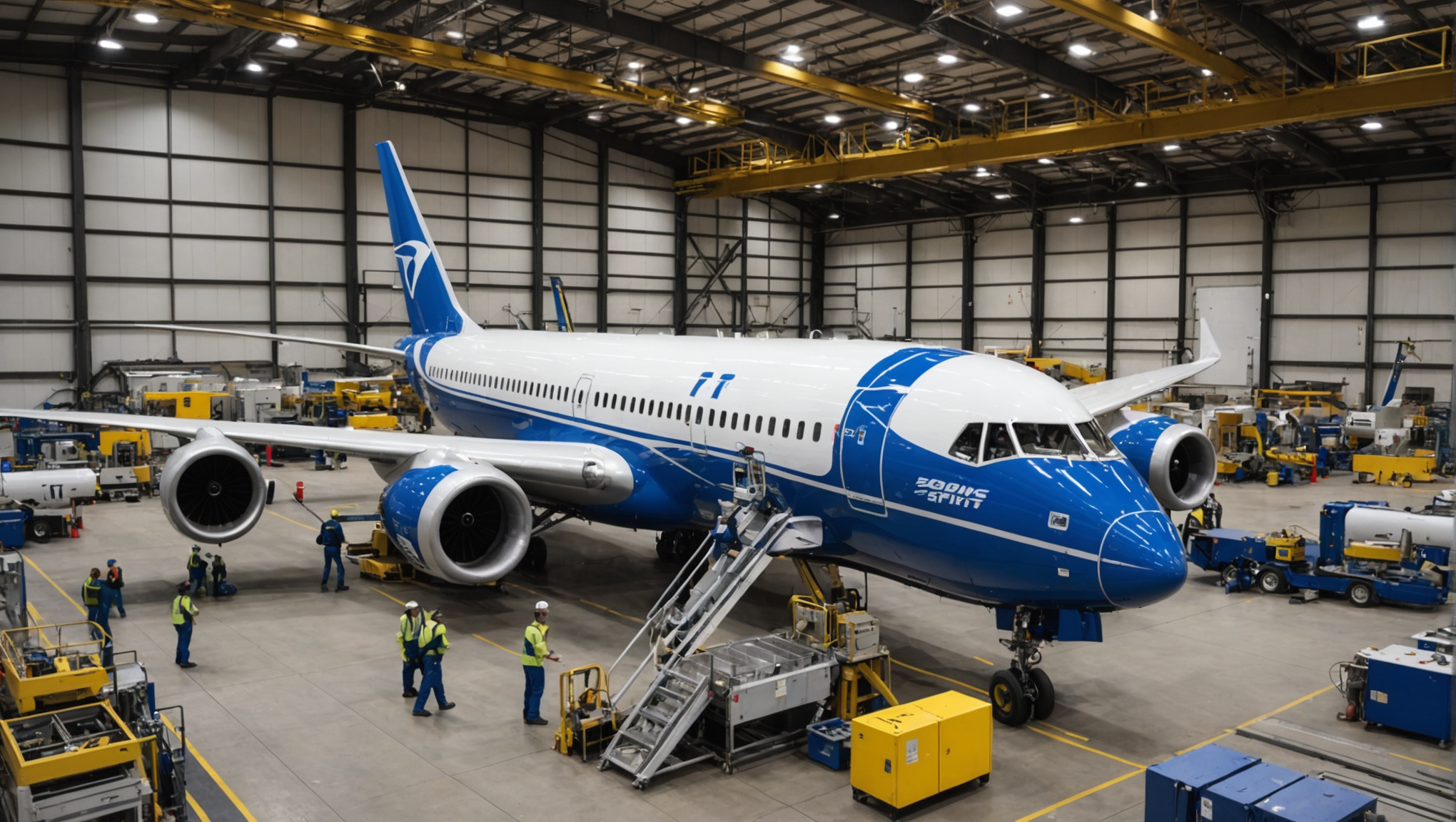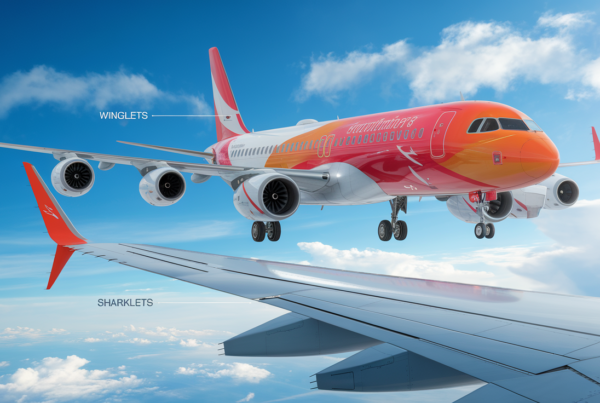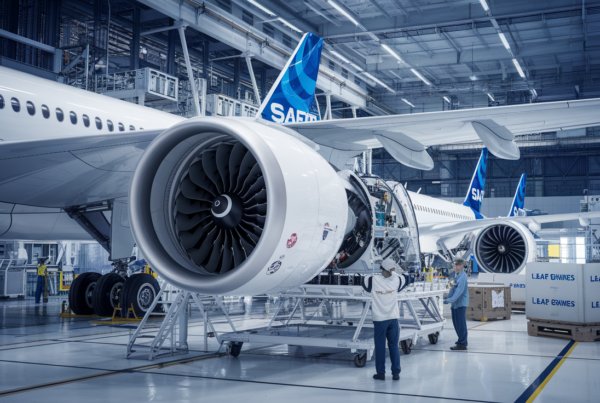Boeing's recent $8.3 billion takeover of Spirit AeroSystems has shaken up the aerospace industry. This major acquisition is provoking strong reactions and raising questions about the future of these two industry giants.

The American giant Boeing recently announced the acquisition of Spirit AeroSystems for $8.3 billion, a transaction that marks a major turning point in theaeronautics industry. This strategic operation is designed to strengthen Boeing's position in the face of increased competition and growing demand.
Why is this a strategic acquisition?
Spirit AeroSystems is a key supplier of structural components for aircraft, including fuselages, wings and engine nacelles. By integrating this company, Boeing is consolidating its production network and ensuring greater control over its supply chain. This vertical integration should help reduce costs and optimize production lead times, crucial aspects in a competitive environment.
Impact on competitors and partners
Boeing's acquisition has not gone unnoticed by its competitors, in particular Airbus. Airbus has also decided to secure some of its activities by acquiring part of the assets of Spirit AeroSystems. As a result, the two aviation giants now share the resources of this strategic supplier. For further information, please visit La Tribune.
Financial elements of the transaction
The purchase price of $8.3 billion reflects the importance of Spirit AeroSystems in Boeing's value chain. This amount includes the company's debt as well as various financial obligations. The transaction is expected to be financed partly by available cash and partly by borrowings, with varying implications for Boeing's balance sheet.
Expected benefits
Boeing's acquisition of Spirit AeroSystems is expected to generate several strategic advantages:
- Optimizing production costs
- Tighter control over the supply chain
- Shorter lead times
- Improved component quality and reliability
Impact on the job market
This acquisition should also have an impact on the job market in the aerospace sector. Boeing plans to integrate Spirit AeroSystems' employees into its ranks, which could generate employment opportunities and offer greater stability for workers in the industry.
Key points of the acquisition
| Key points | Details |
| Transaction amount | 8.3 billion dollars |
| Key supplier | Spirit AeroSystems |
| Asset sharing | Boeing and Airbus |
| Cost reduction | Yes, vertical integration |
| Jobs | Stability and new opportunities |
To find out more about the implications of this acquisition and the prospects it opens up for Boeing and Airbus, visit the detailed articles on Le Figaro and La Libre.
On the same theme
Air transport: India, a crucial challenge for giants Airbus and Boeing
India is emerging as a major player in air transport, boosting the interest of giants such as Airbus and Boeing. With titanic orders, including nearly 470 aircraft by 2023, Indian commercial aviation is growing fast. Air India continues to multiply its...
Conflict at Boeing: Break in negotiations on workers' wages
Boeing's main union has rejected management's latest proposal to increase wages by 30% over four years, to end a strike that has paralyzed the company for ten days. The workers, whose wages...
The FAA continues to tighten its grip on Boeing aircraft
The Federal Aviation Administration (FAA) has decided to maintain increased oversight of Boeing, one year after an incident involving Alaska Airlines. This heightened surveillance mainly concerns the 737 MAX, and is aimed at ensuring aircraft safety. The regulator...







